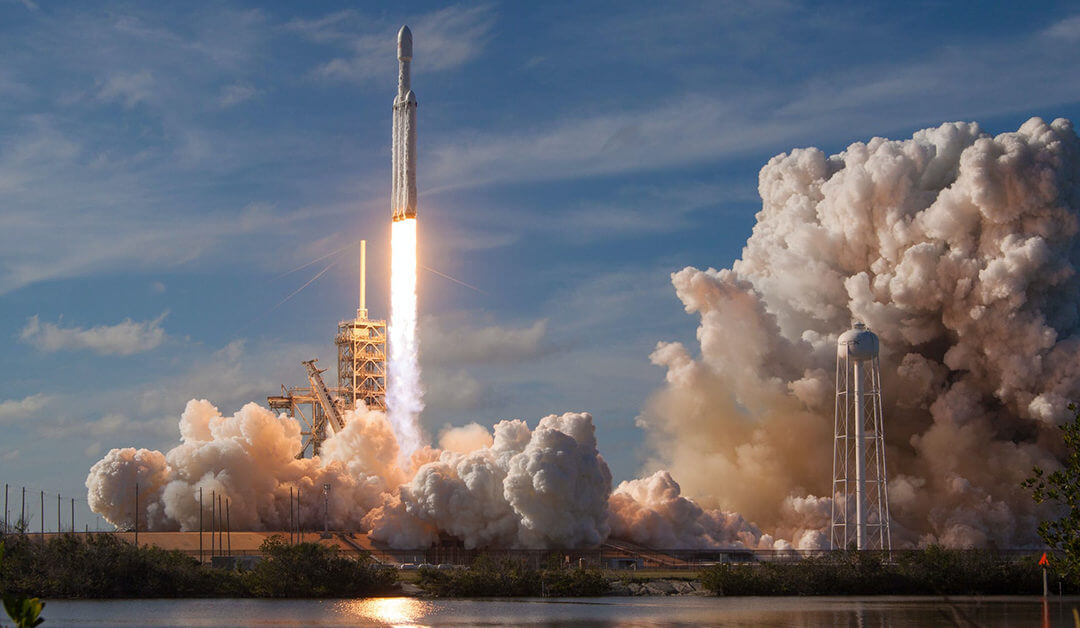New Space Florida CEO has far-reaching goal to extend boons of space to entire state (Courtesy of the Jacksonville Business Journal) — The new leadership at Space Florida hopes the “Space Coast” branding owned by Brevard County will spread throughout the state — and that all of Florida will soon be recognized as the world’s primary spaceport.
The reason? To increase Florida’s aerospace industry capacity given the steep rise in launches, the wild proliferation of telecommunications hardware deployed in space and a sharp increase in commercial interests relying on access to space.
“We have spaceport territory already designated across the state,” said CEO Rob Long of Space Florida in an exclusive interview with Orlando Business Journal. “We’re hoping to designate an additional amount of spaceport territory that gives us some flexibility.”
The organization’s new leader — who was voted in by the Space Florida Board of Directors on Sept. 19 — said he and his team are looking to further statewide initiatives, which were put forth by previous longtime CEO Frank DiBello.
Long gave this example: “Potentially, rather than storing all the booster recovery ships at, let’s say, Port Canaveral, maybe you store them somewhere else, and then Port Canaveral just becomes the onload/offload transition point. That way you’re not clogging up the port.”
The picture Long painted has the many “parts and pieces” of the space port system spread more evenly across the state, which would bring industry activity and economic benefit to more counties and cities.
For those wondering whether parsing out parts of the industry would dilute the economic impact of military and commercial space travel rather than strengthen it, Long has other ideas.
He described the benefits of possible changes to launch sites, like moving some research and test capabilities away from the Brevard County coast:
“Sure, you could keep doing research at Cape Canaveral, but maybe you do it somewhere else, especially tests that might require some sort of clearing or extra space. If you crowd everything into one location operationally, you’re going to have to have certain allowances for operations. So if somebody’s launching [that day], you might not be able to do something else, and you have to wait.”
In other words, the many elements of spaceport operations could currently be described as practically inefficient. Long imagines a scenario where all of Florida collaborates to do more to grow an industry that’s already bringing in annual revenue of more than $19 billion, according to the Space Florida website.
“It’s important that we continue to add to what I call our space infrastructure network,” he said. “We need to be leading as a state to make sure that space as an area of commerce is sustainable in the long run.”
Long didn’t specify the changes to come but referenced the revamp of the Launch and Landing Facility on Merritt Island as an example of how Space Florida and its partners — such as Florida Power & Light — could orchestrate projects that build out a statewide infrastructure.
Three years ago, Space Florida kicked off a development project to turn hundreds of acres around one of the world’s longest runways — the former landing site of the space shuttle — into an aerospace industry hub. The project provides water, power and communications services to the property, turning vacant land into sites for tech businesses and manufacturers. Amazon (Nasdaq: AMZN) was the first to move in, announcing on July 21 its plans to build a 100,000-square-foot-plus satellite processing plant.
Long said he didn’t have any additional tenants to announce yet, but that several companies have expressed interest.

